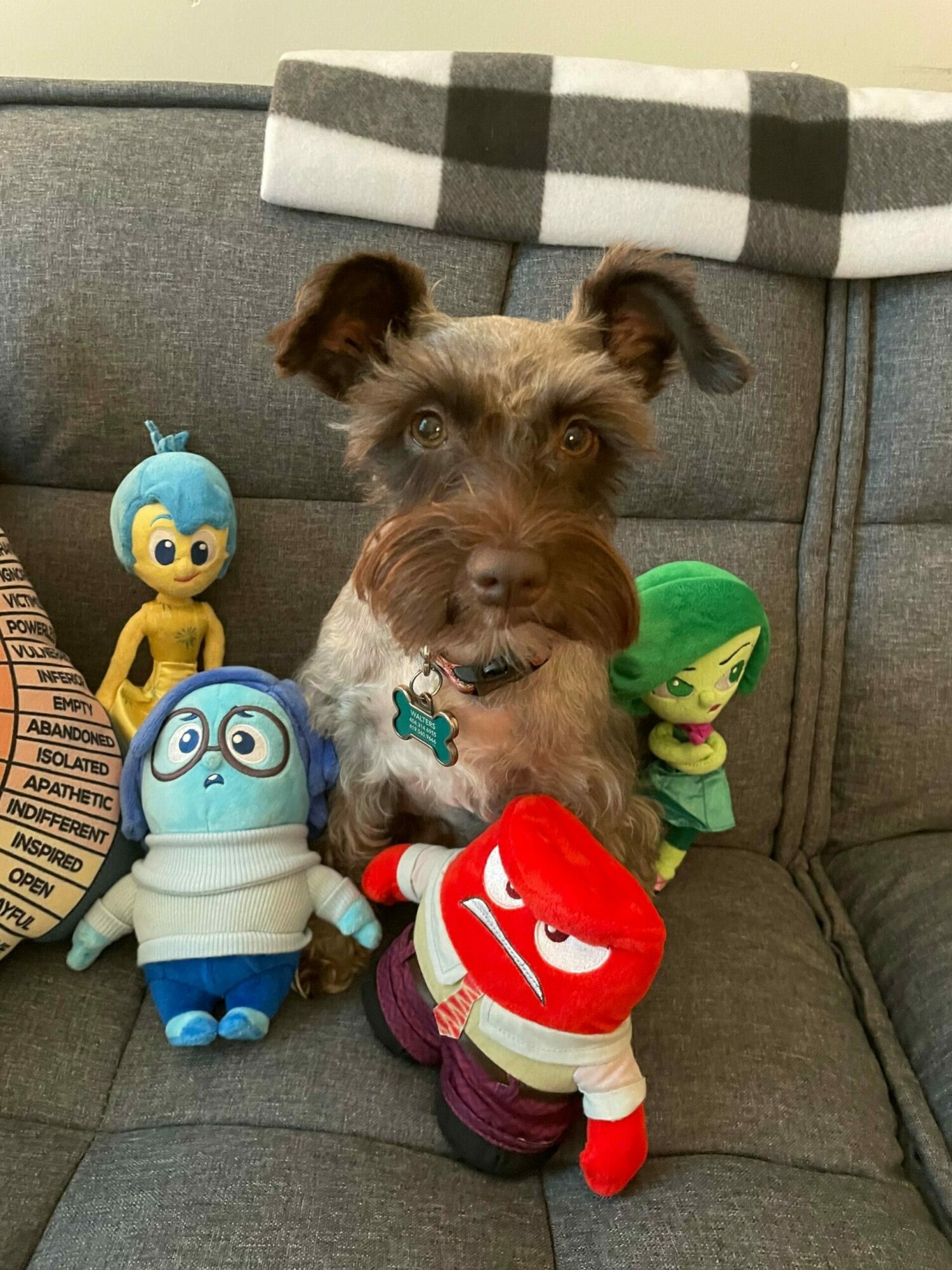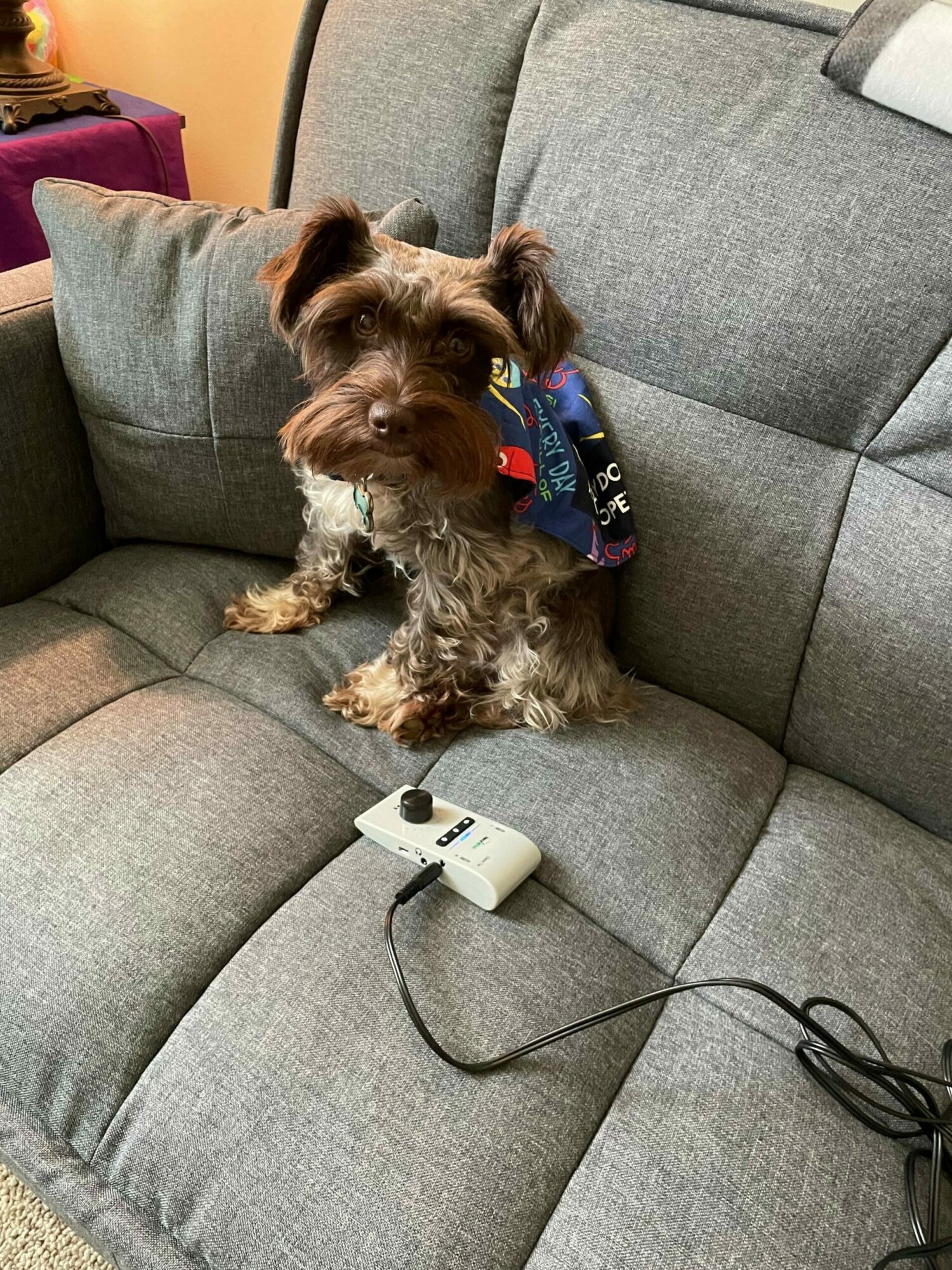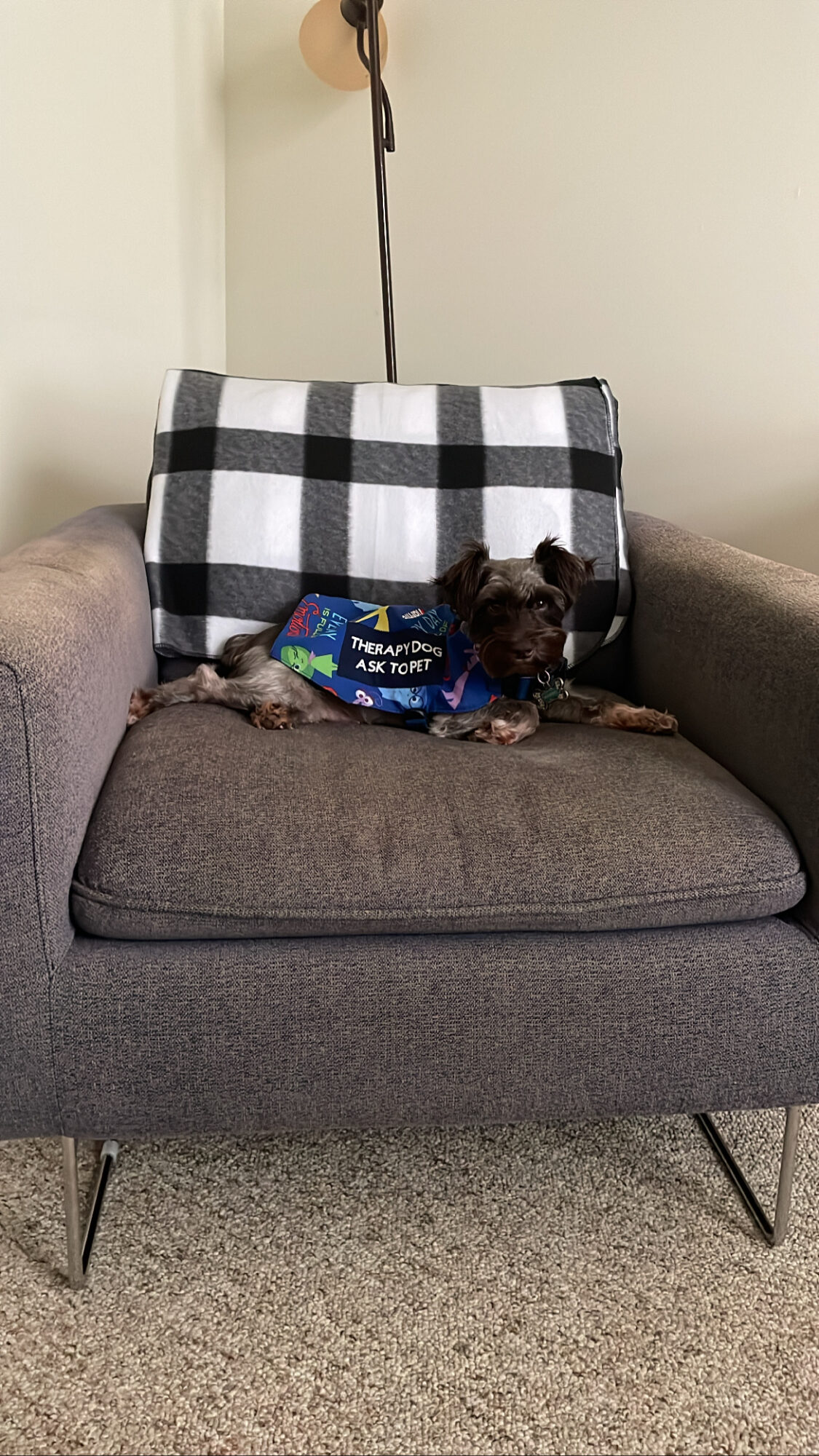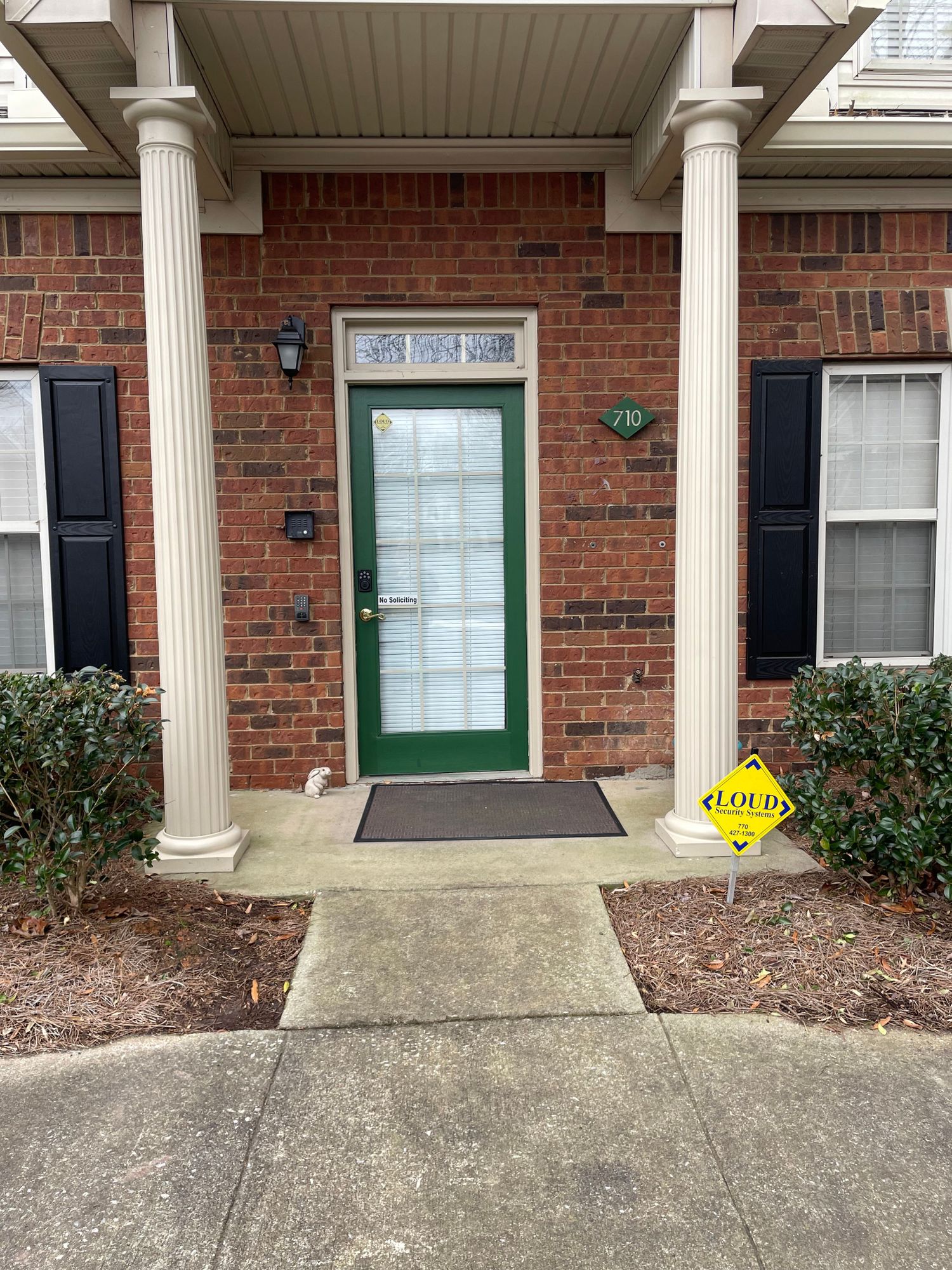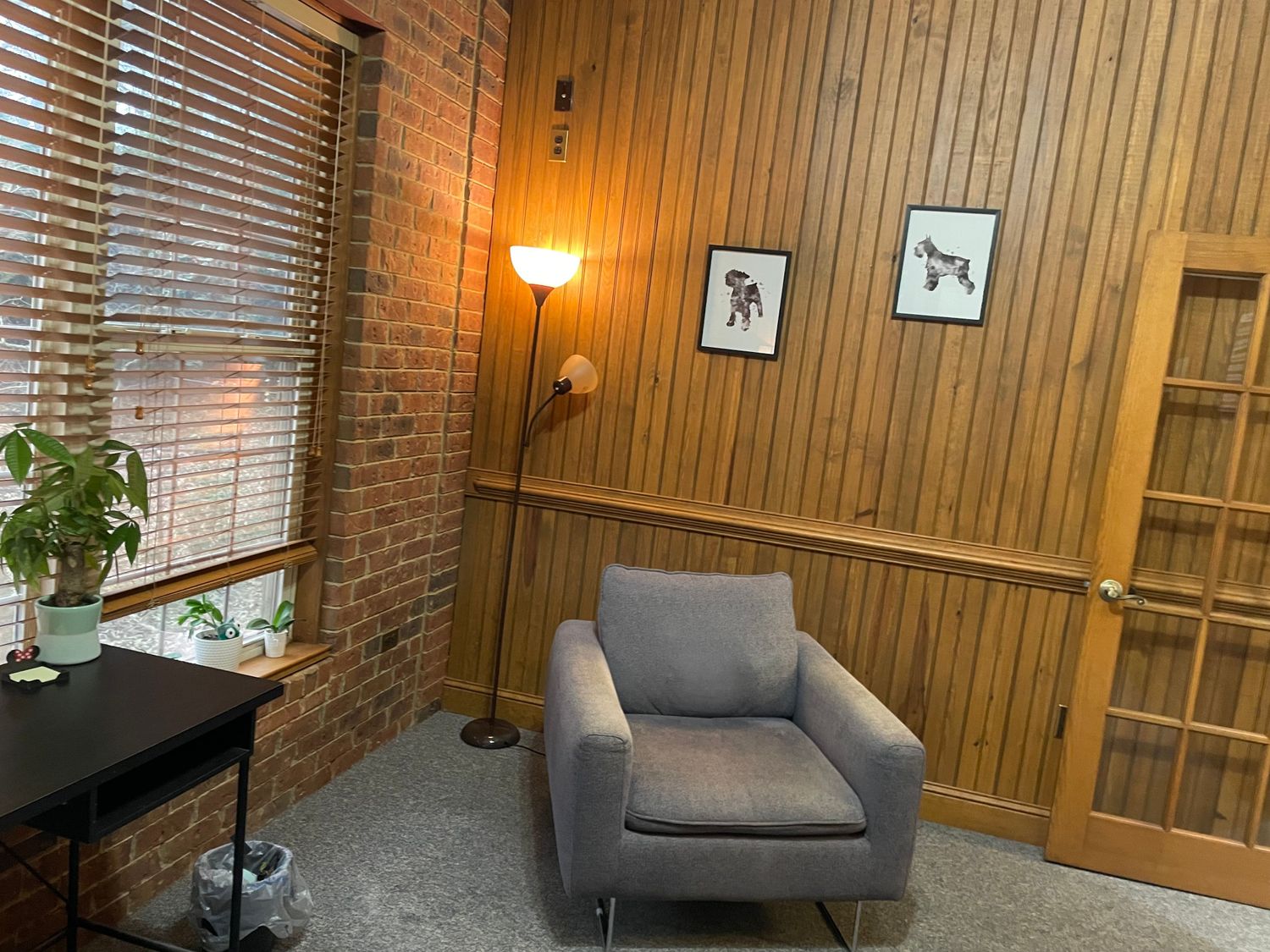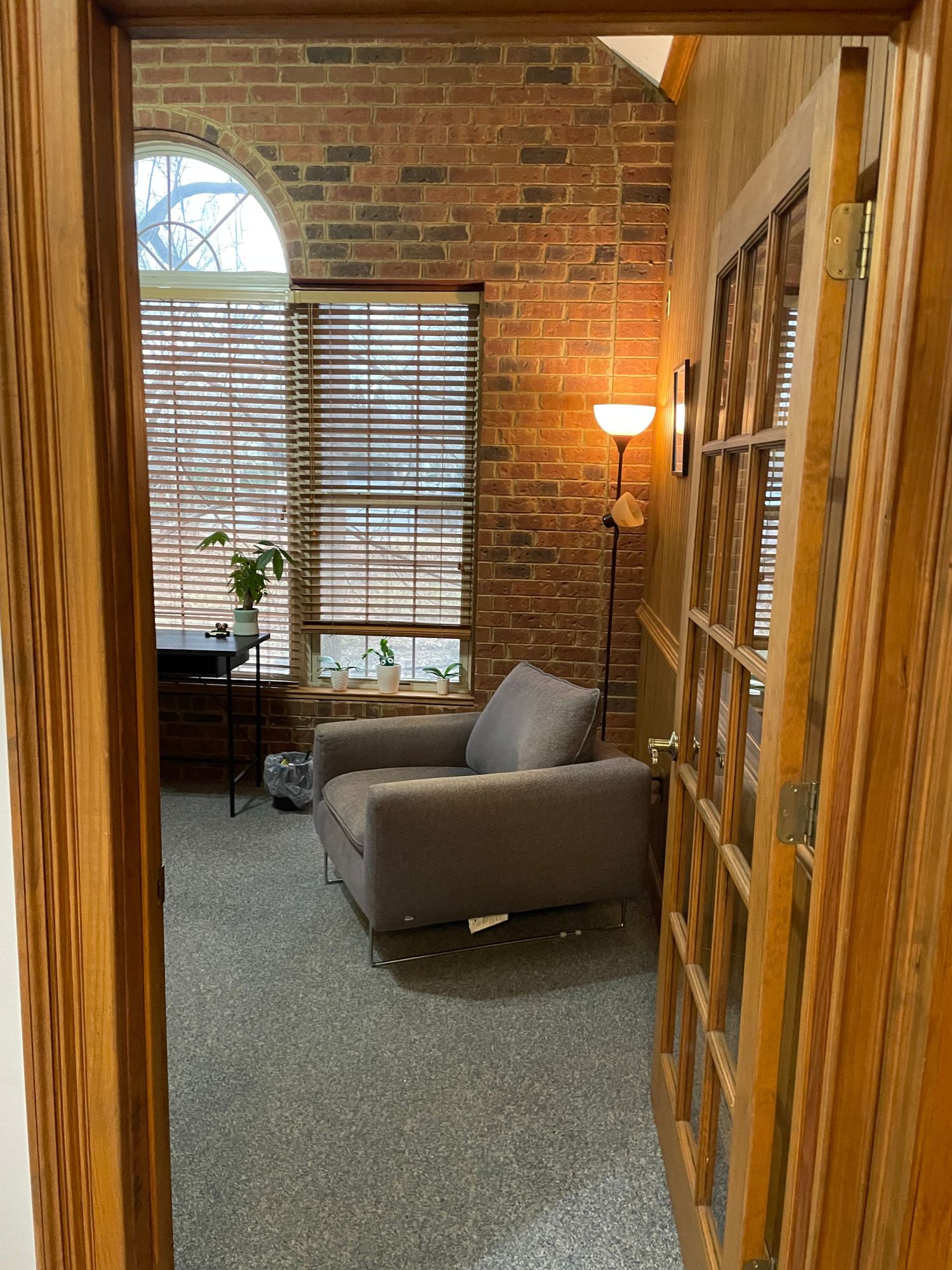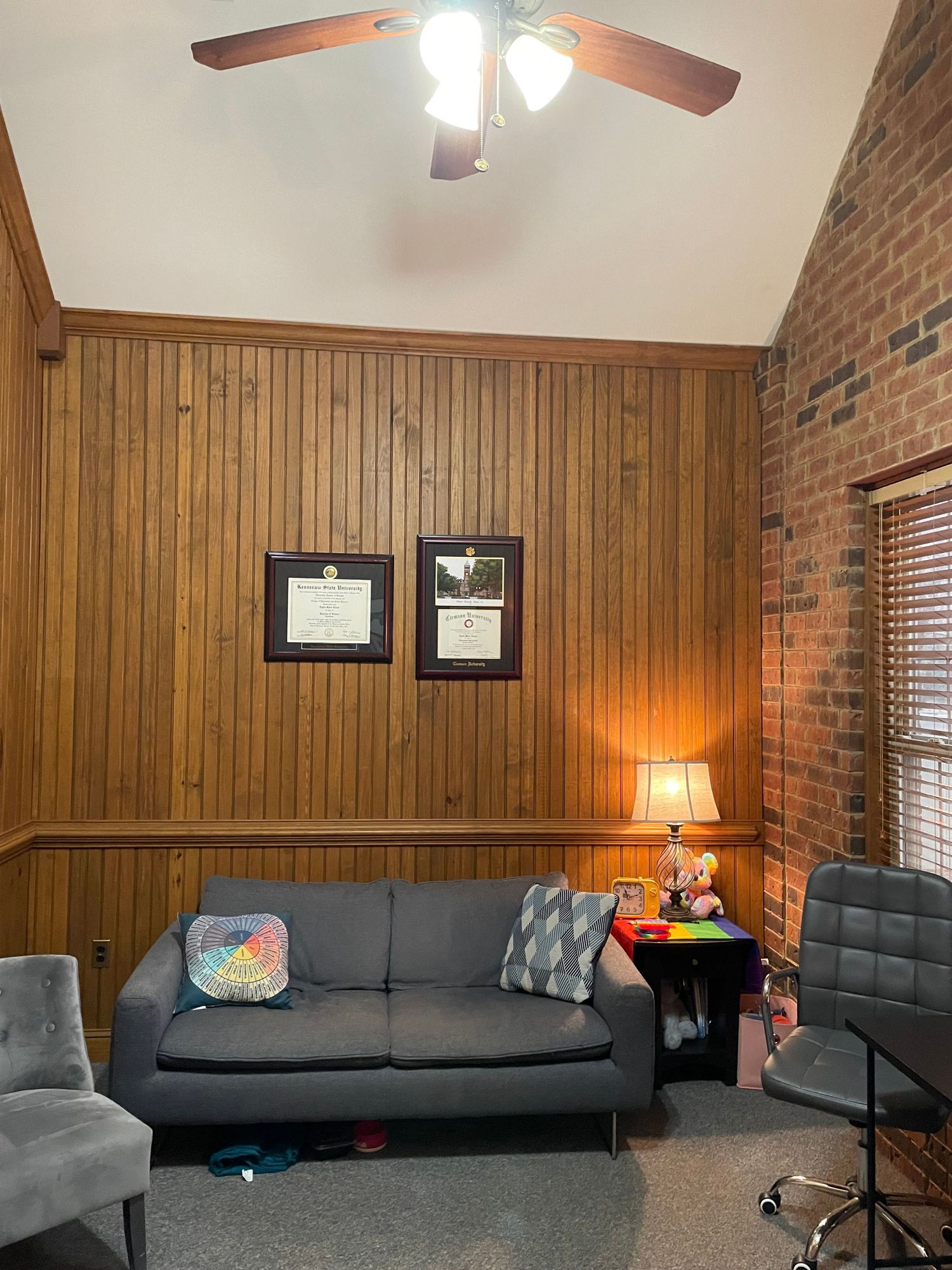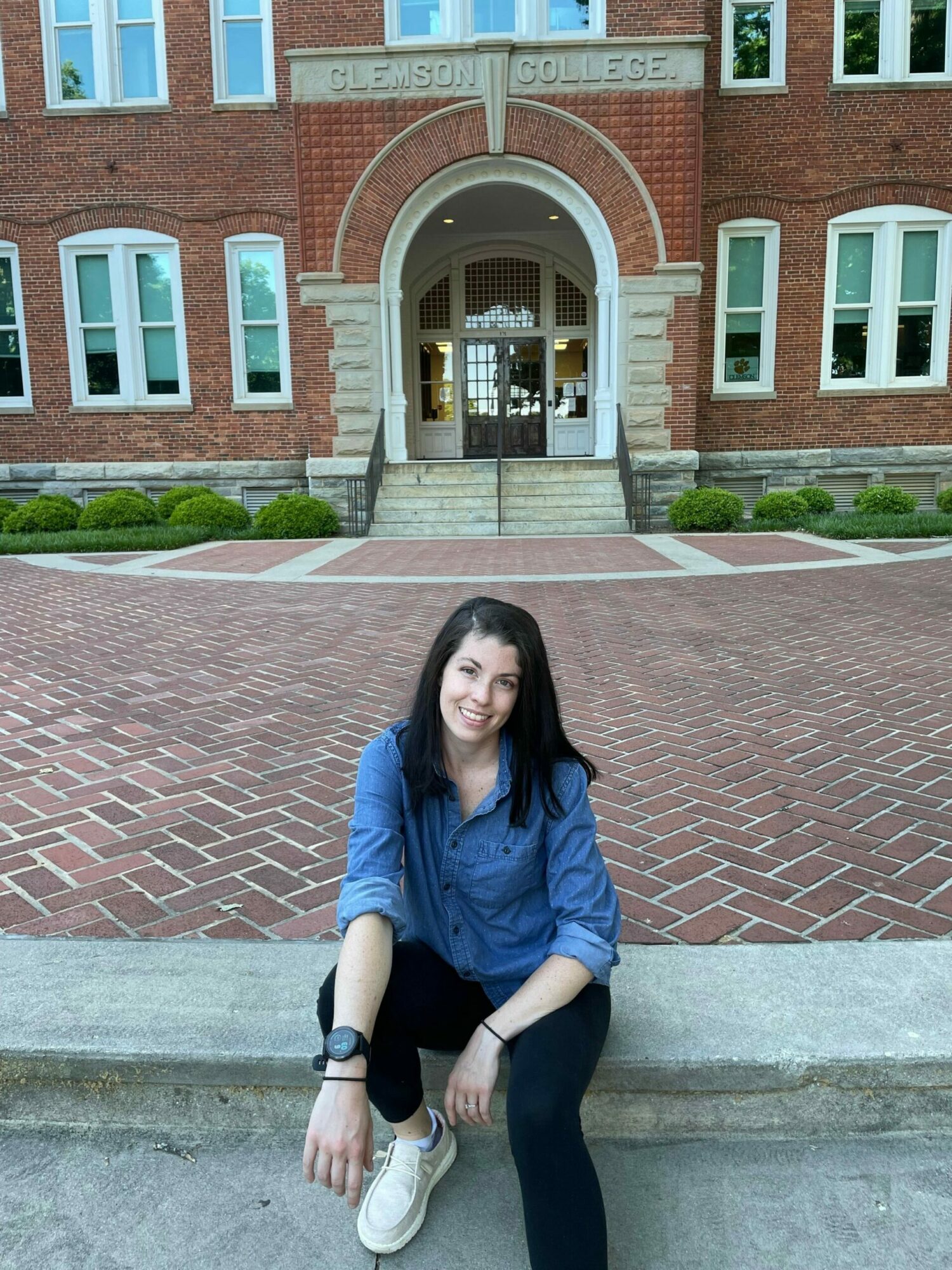

Today we’d like to introduce you to Lydia Walters
Lydia, we appreciate you taking the time to share your story with us today. Where does your story begin?
My love for SVU (hello Olivia Benson) led me to explore a career in therapy, seeking to make a positive impact while minimizing exposure to all the blood of other helping professions. Trauma therapy resonated with me, driven by my personal experiences with mental health. Establishing a peer support group in high school connected me with the American Foundation for Suicide Prevention and numerous survivors, revealing widespread community needs. I pursued Psychology at Kennesaw State and later Counseling Education at Clemson University. My internship deepened my commitment to helping trauma survivors. As a queer therapist, I specialize in addressing the unique traumas and discrimination faced by my community.
We all face challenges, but looking back would you describe it as a relatively smooth road?
Not necessarily. The pandemic impacted my graduate studies and internship, but I learned to provide remote therapy. Associate licensed professionals face unique challenges: finding fairly compensated positions, managing organizational unprofessionalism, and navigating insurance billing restrictions. Repaying substantial student debt adds to the struggle. Despite these obstacles, this experience fosters personal growth, equipping me to establish my practice after licensure.
Can you tell our readers more about what you do and what you think sets you apart from others?
I am employed at a small practice in Kennesaw, GA, conveniently located near the university campus, where I work alongside my therapy dog, Marnie. My expertise lies in trauma therapy and Eye Movement Desensitization and Reprocessing (EMDR) therapy, a neurologically-focused approach that mitigates trauma reactions in the brain, reducing constant triggers and fight-or-flight responses common among trauma survivors. As an openly queer therapist, I primarily serve the LGBTQ+ community, leveraging my lived experience to provide culturally-sensitive support.
Where we are in life is often partly because of others. Who/what else deserves credit for how your story turned out?
As a practitioner, I have personally benefited from therapy since I was 17, incorporating these insights into my methodology. My family and wife have provided invaluable support throughout my ongoing education and personal growth.
Contact Info:
- Website: https://Atlindigo.com
- Other: https://www.psychologytoday.com/us/therapists/lydia-walters-kennesaw-ga/975639
